In our previous article, we discussed the development of the Turkic Council and the achievements acquired within this framework, and we mentioned that the organization had proved its success in a short time and its visibility had increased.[1] During the development process of the organization, while its institutional architecture is being formed, its international prestige has also increased.
Nursultan Nazarbayev, the first President of Kazakhstan and the honorary president of the Turkic Council had proposed developing a Turkic World Vision 2040 for the Turkic Council at the Baku Summit in 2019, had thus showed the necessity of creating a document including long-term aims and the ways to achieve them. The process of creating this document continues in line with Nazarbayev’s proposal.
Nursultan Nazarbayev announced that the strengthening of the cooperation between member countries in priority areas such as foreign policy, public diplomacy, trade and transportation, tourism and investment, energy and green economy, and cooperation between small and medium sized enterprises will gain a new momentum. He pointed out that the fields of culture and education, youth policy and health, and digitalization and artificial intelligence should also be included in their work programs. Nazarbayev also suggested increasing the organization level of the Turkic Council and renaming the Council into the ‘Organization of Turkic States’.[2]
At the same summit, General Secretary of the Turkic Council Bagdat Amreyev has said “The last decade was a period of development. We achieved this development thanks to the decisions we made for the political will and unity of the Turkic world. Now we have stepped into a new phase, the phase of great integration.” With this statement, he underlined their determination towards new development goals on the 10th anniversary of the Turkic Council.
The 2040 vision of the Turkic World and Turkic Council 2025 Strategy are being developed in the process of expanding and deepening the integration of Turkic countries. At this point, in addition to Nursultan Nazarbayev’s recommendations at the summits, his books and articles titled “At the Beginning of the Century”, “Seven Facets of the Great Steppe”, “Looking to the Future: Spiritual Revival”, “100 Concrete Steps”, and “Kazakhstan-2050 Strategy” provide a roadmap not only for Kazakhstan but also for the Turkic Council member states.[3]
It has been decided to support the development of the content of “Turkic World Vision-2040” program with help of the research centers of the member countries. According, it has been decided to hold the next meeting of Turkic Council’s official foreign policy research centers in Shusha, Azerbaijan.[4]
General Secretary Amreyev has stated that in the upcoming period, within the framework of a strategy to stimulate free trade, the issue of concessionary trade agreements to encourage trade between member countries may come to the fore. Amreyev has said that “We are bringing up the issue of creating the most favorable conditions in the field of shipping and customs in order to transform the Trans-Caspian route into an effective transport corridor in trade between East and West. It is imperative to reduce logistics costs while increasing the efficiency of shipping and customs operations along this corridor. For this, we are planning to establish a joint Caspian shipping company.” He has expressed that the Turkic Council’s 2025 strategy has addressed many different issues, including the issue of diaspora, tourism, agriculture, and youth, and that they are ready to work with determination and great enthusiasm by mobilizing efforts to make the Turkic world stronger and more harmonious in the upcoming period.[5]
During the COVID-19 pandemic process, the Turkic Council member states have continued video conference meetings to reinforce their cooperation. It has been stated that a strong Turkic world will benefit all humanity in the post-pandemic period.[6]
[2] “The VII Summit of the Turkic Council was held: President of Uzbekistan expressed readiness to become a member of the Turkic Academy”, TWESCO, October 15, 2019, http://twesco.org/en/2019/10/15/947/
© 2009-2025 Center for Eurasian Studies (AVİM) All Rights Reserved
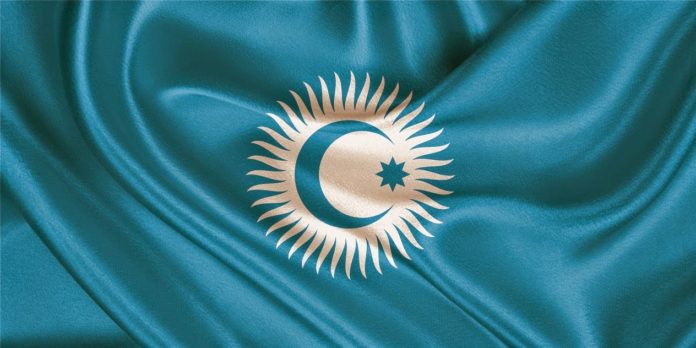
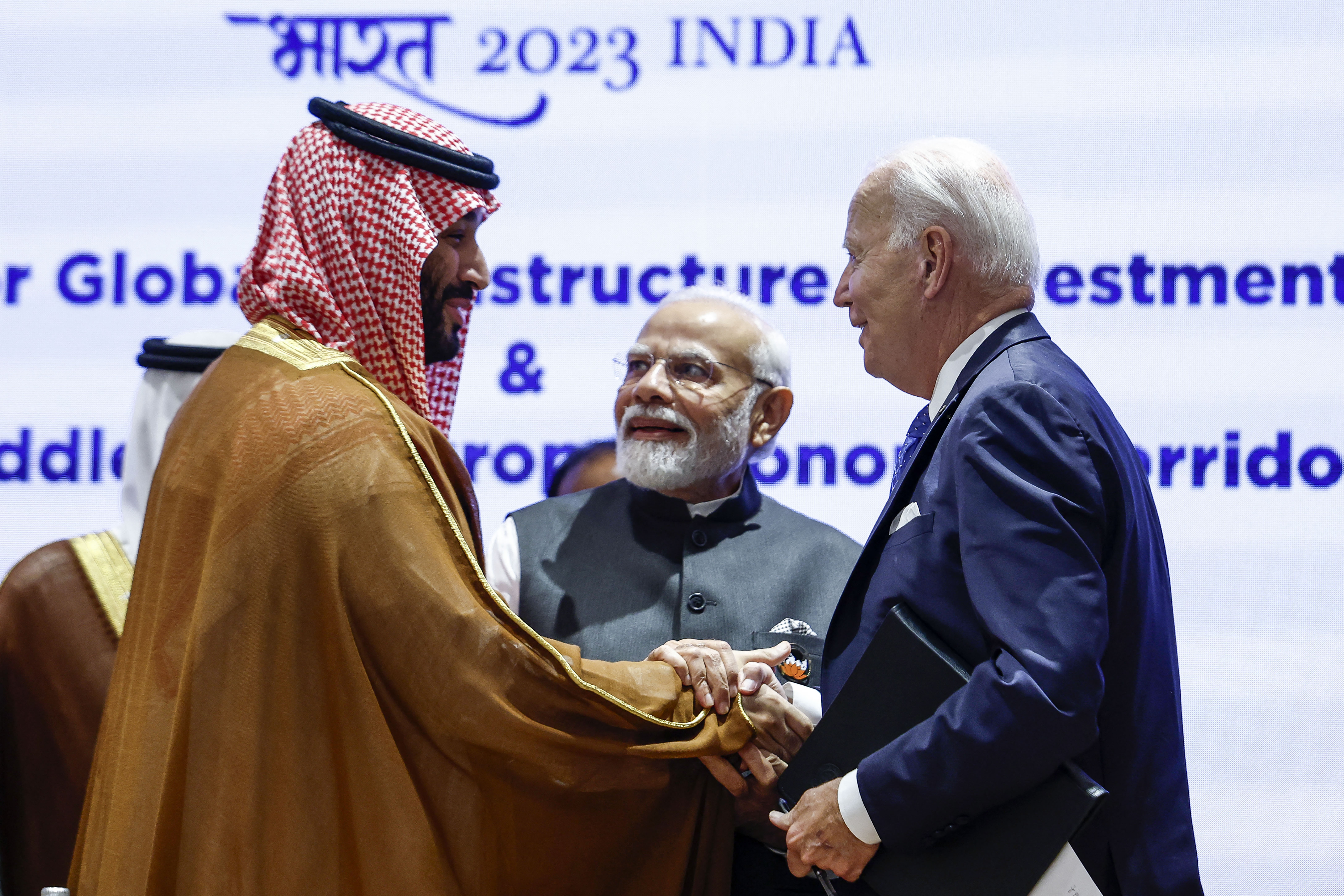 INDIA–MIDDLE EAST–EUROPE ECONOMIC CORRIDOR (IMEC)
INDIA–MIDDLE EAST–EUROPE ECONOMIC CORRIDOR (IMEC)
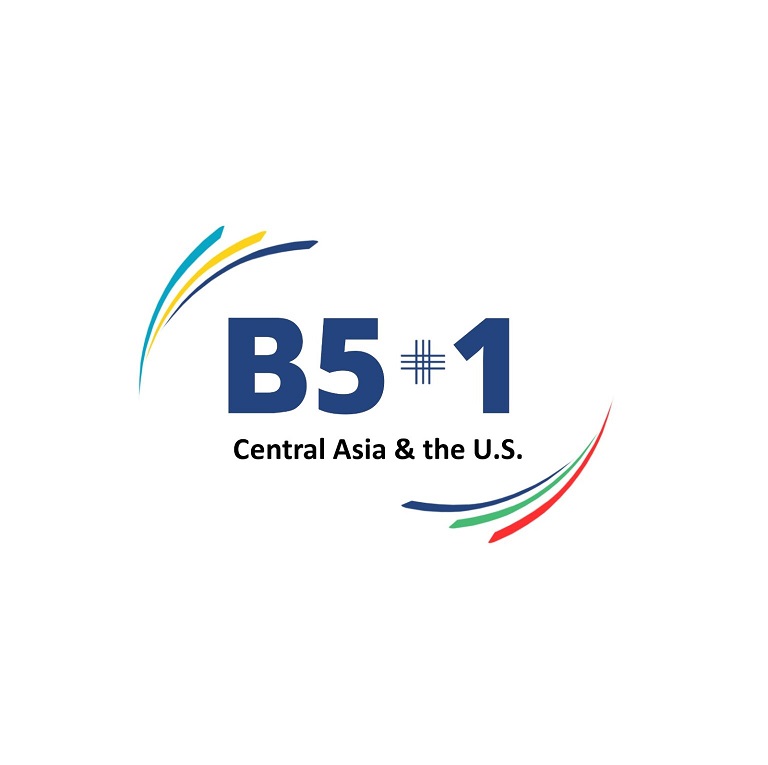 THE B5+1 FORUM AND “THE GREATER CENTRAL ASIA”
THE B5+1 FORUM AND “THE GREATER CENTRAL ASIA”
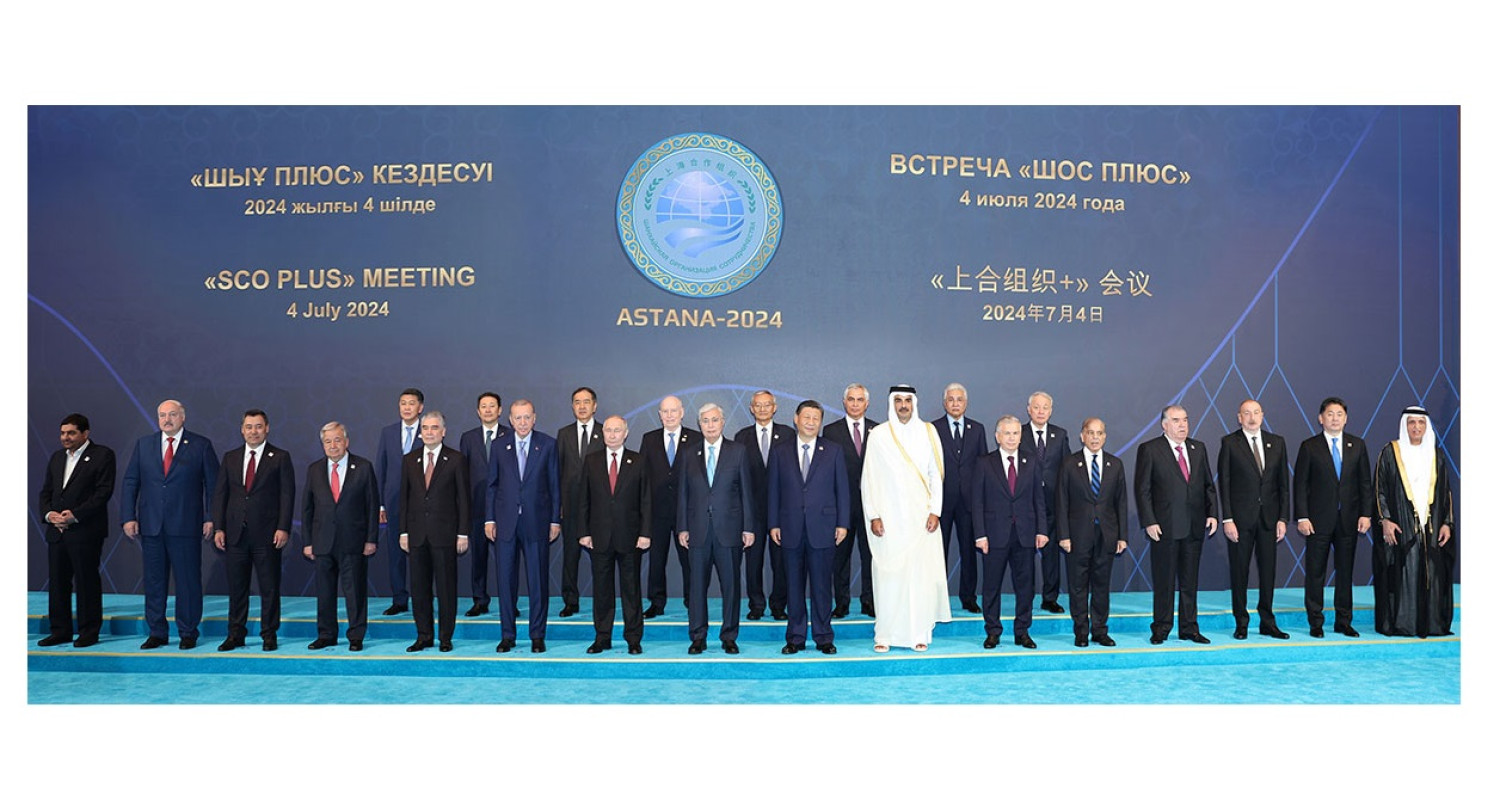 24TH MEETING OF THE COUNCIL OF HEADS OF STATE OF THE SHANGHAI COOPERATION ORGANIZATION
24TH MEETING OF THE COUNCIL OF HEADS OF STATE OF THE SHANGHAI COOPERATION ORGANIZATION
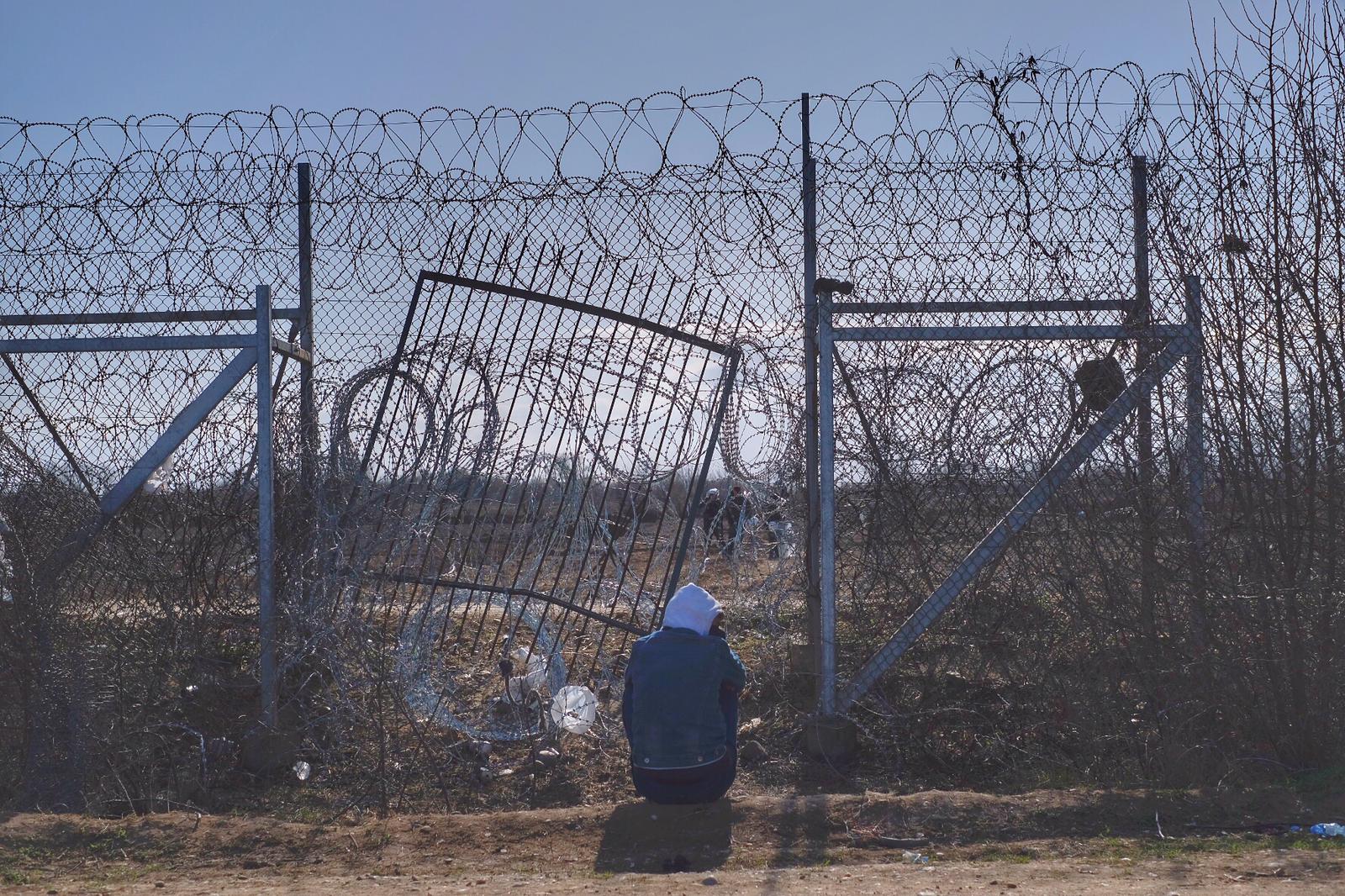 THE EUROPEAN UNION'S SHAMEFUL CAMPS CONTINUE TO EXIST DESPITE THE FIRE DISASTER
THE EUROPEAN UNION'S SHAMEFUL CAMPS CONTINUE TO EXIST DESPITE THE FIRE DISASTER
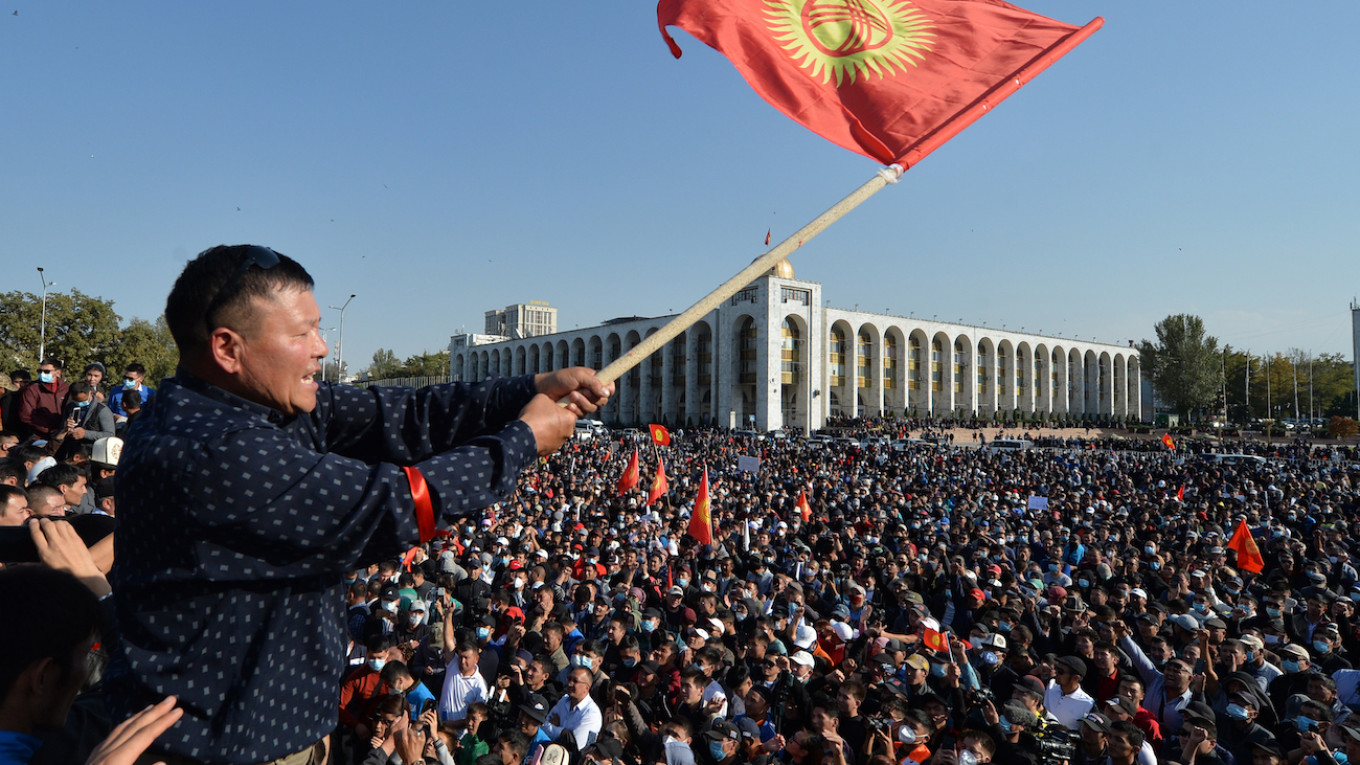 WHAT IS HAPPENING IN KYRGYZSTAN?
WHAT IS HAPPENING IN KYRGYZSTAN?
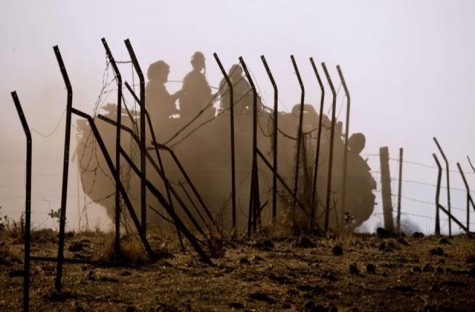 ISRAEL BOMBS SYRIAN POSTS OVER GOLAN ATTACK ON ITS TROOPS
ISRAEL BOMBS SYRIAN POSTS OVER GOLAN ATTACK ON ITS TROOPS
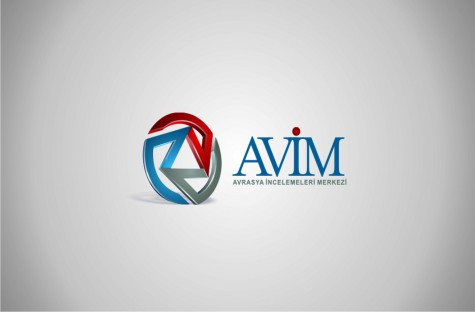 ACADEMIC DEBATE V. CHEAP SLANDER
ACADEMIC DEBATE V. CHEAP SLANDER
 ARMENIA IN EUROVISION 2015
ARMENIA IN EUROVISION 2015
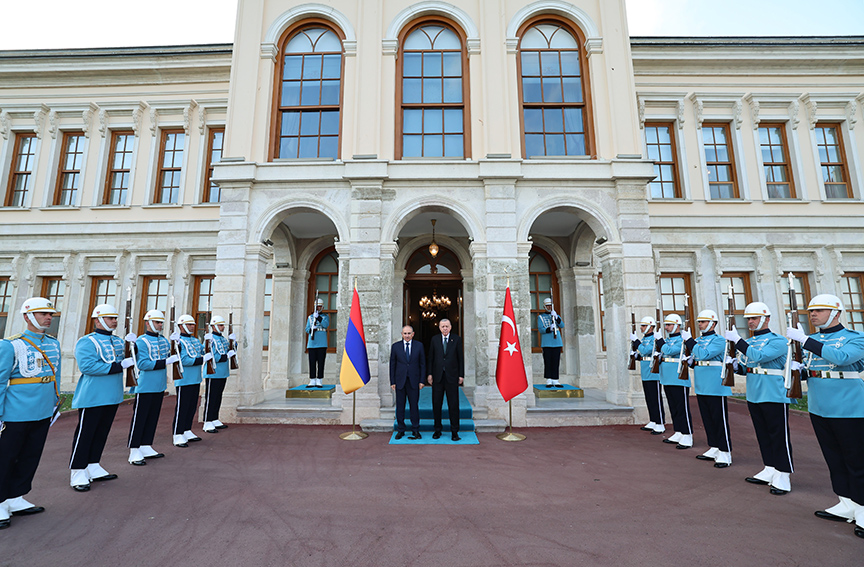 PASHINYAN'S WORKING VISIT: A STEP FORWARD IN THE TÜRKİYE-ARMENIA NORMALIZATION PROCESS
PASHINYAN'S WORKING VISIT: A STEP FORWARD IN THE TÜRKİYE-ARMENIA NORMALIZATION PROCESS




























